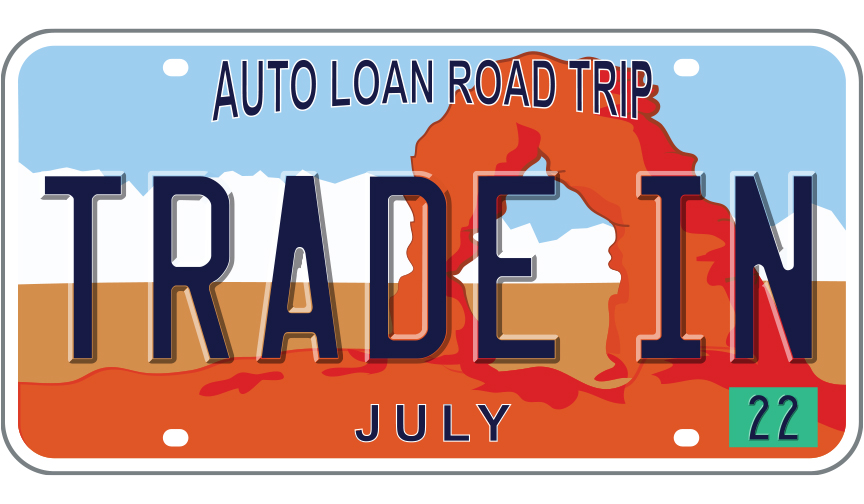 A lien is “a claim placed on real property in order to secure a debt” (utcourts.gov). If you finance an auto loan, the lender will place a lien on your vehicle. This means they can exercise their claim and take possession of your car if the loan is not repaid as agreed in the loan contract.
A lien is “a claim placed on real property in order to secure a debt” (utcourts.gov). If you finance an auto loan, the lender will place a lien on your vehicle. This means they can exercise their claim and take possession of your car if the loan is not repaid as agreed in the loan contract.
How Does a Lien Affect My Car's Title?
After financing an auto loan, your lender may keep the car's title as collateral. If you're allowed to keep the title, you may be required to have a new one printed showing a lien is currently on the vehicle. Either way, the lien won't be removed from the car until you've paid back the loan in full. Once the loan is paid off, the lien will be removed. The lender will then give you the title and/or you will be permitted to have a new one printed by the Division of Motor Vehicles (DMV) that shows the car is lien-free.
Electronic Liens & Titles
Some states have electronic lien and title (ELT) programs that allow liens and titles to exist in electronic formats called "e-liens" and "e-titles." This eliminates the need to keep track of paper titles. Utah's optional ELT program, known as the Utah e-lien program, allows lenders to file titles electronically and place e-liens on vehicles. Cyprus Credit Union is a participant in the Utah e-lien program.
The process of handing over or obtaining the title to your vehicle will vary depending on whether your lender participates in an ELT program. For instance:
Imagine you take out a loan to buy a car from a neighbor. Your credit union or bank requires you to hand over the title as collateral until the loan is paid off. Now, lenders have traditionally kept paper titles on file and given them back to the owners once their loans have been paid in full. With an ELT program, however, a lender instead converts paper titles into e-titles and places e-liens on financed vehicles. This means that once you pay off your auto loan, the lender will release the e-lien and request the DMV to print out a new paper title. The DMV will then mail the new, free-and-clear title to the address they have on file for you.*
Liens vs. Levies
Though liens can sometimes be confused with levies, it's good to know the difference between the two. As we know, a lien is a claim on a piece of property (in this case, a vehicle) in order to secure a debt. A levy, on the other hand, is the seizure of property that results from a tax debt. Click here to learn more about levies from Investopedia.
Questions?
If you have questions about your state's title laws or ELT program, contact your DMV office. To see if your financial institution participates in an ELT program, reach out to them directly. For questions about financing a Cyprus auto loan, click here or call our lending team at 801-260-7700.
*Check with your DMV to make sure they have your correct address on file. Even if your lender has the correct address, the title could be mailed to the wrong place if you haven't updated it with the DMV.
NOTE: The process of obtaining your title after purchase or payoff may vary by state.
You May Also Like
These Related Stories

What To Know About Vehicle Titles

How to Apply for a Business Loan


